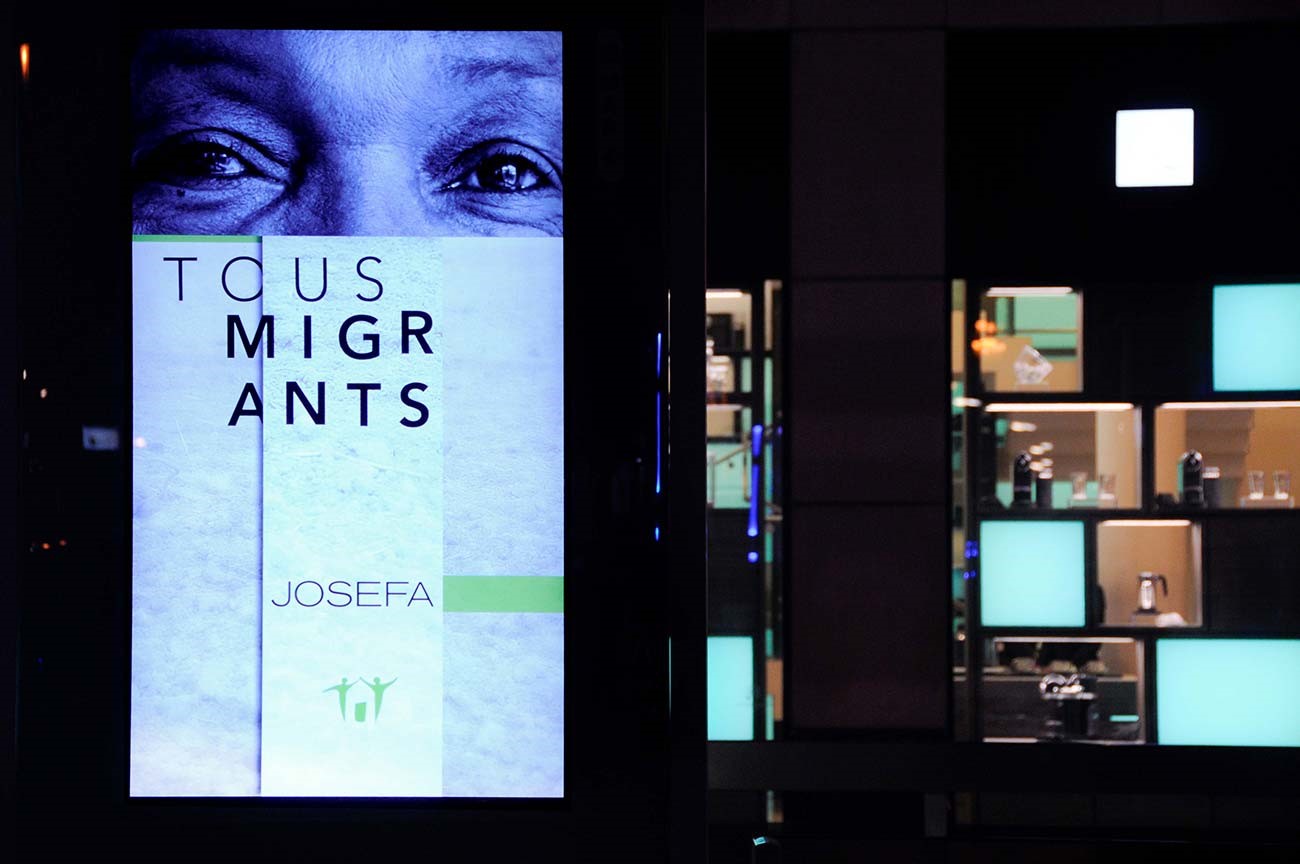As we return to our autumn schedules, Josefa invites us once again to think carefully about our relationship with our migrant humanity, our relationship with our fundamentally migrant nature. It is not about stating an abstract truth, nor about creating a new supercategory called "migrant", but, more simply, more radically, about being open to the possibility of a closer look on "my migration".
By drawing closer to my migration, recognising it as mine, as unique, whether it be free or forced, temporal or spiritual, physical or psychological, in space or in time, I too become part of it: "we are all migrants".
Why should we exclude, discriminate, or categorise a segment of our humanity, those who may be more "migrant" than me?
Why should we claim mobility rights and freedom of movement for ourselves, or even, generously, for others (if at least these "others" have expressed the desire and delegated the request for it), when it concerns that part of our humanity that allows it to move and to evolve? How limiting would my own identity be if it could only be defined or determined for me by others: parents, friends, society, social welfare bodies, defenders of "minorities", politicians, media, enemies, etc.?
Migration is the foundation of our human condition. It concerns all of us, as migrants; it is our destiny. If I am not moving or have stopped moving, if I deny or am denied my "migrant being", by being prevented from migrating, then I am dead to myself and to others, today and tomorrow.
We should, of course, be careful not to mix up everything: not all of us are migrants who have been exiled, forced to flee the land of our birth, of our residence, our land by choice or by preference.
But all of us are potentially, capably, invited to look at ourselves, to discover that we are migrants, which is an essential element of our human condition, our human expression, our human construction.
Challenges or realities: migrants, all of us.
Gilbert


